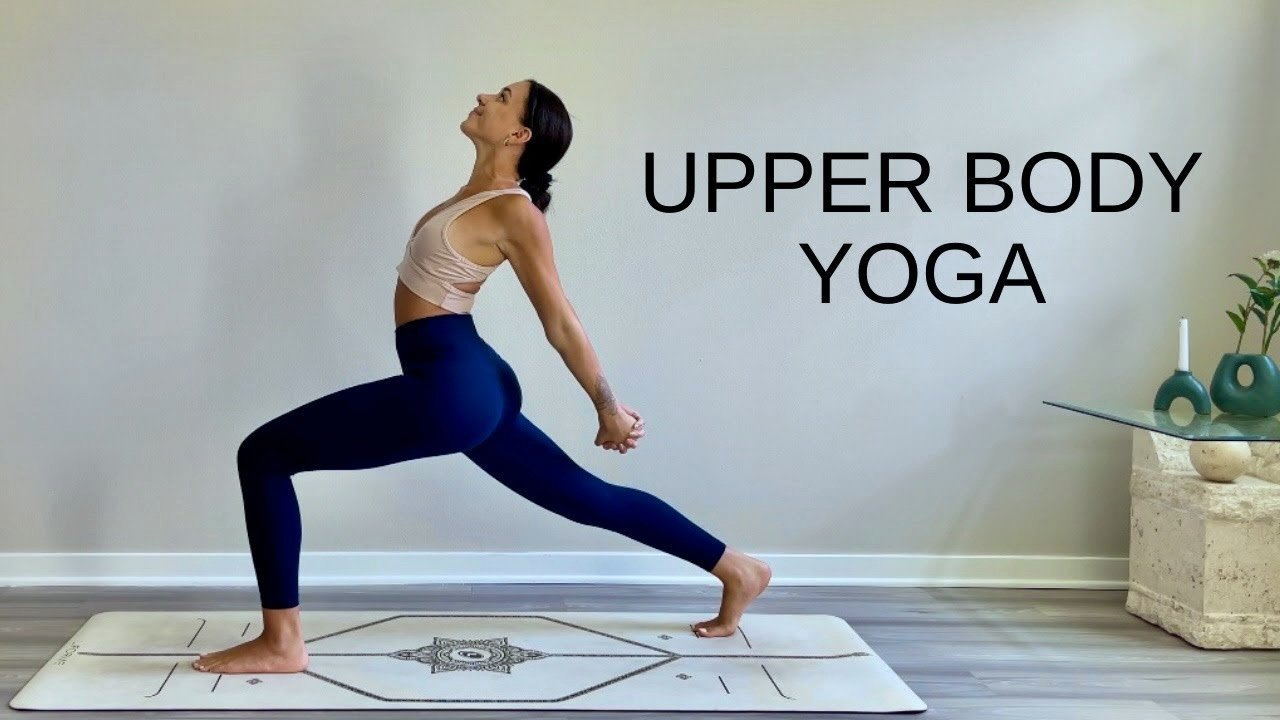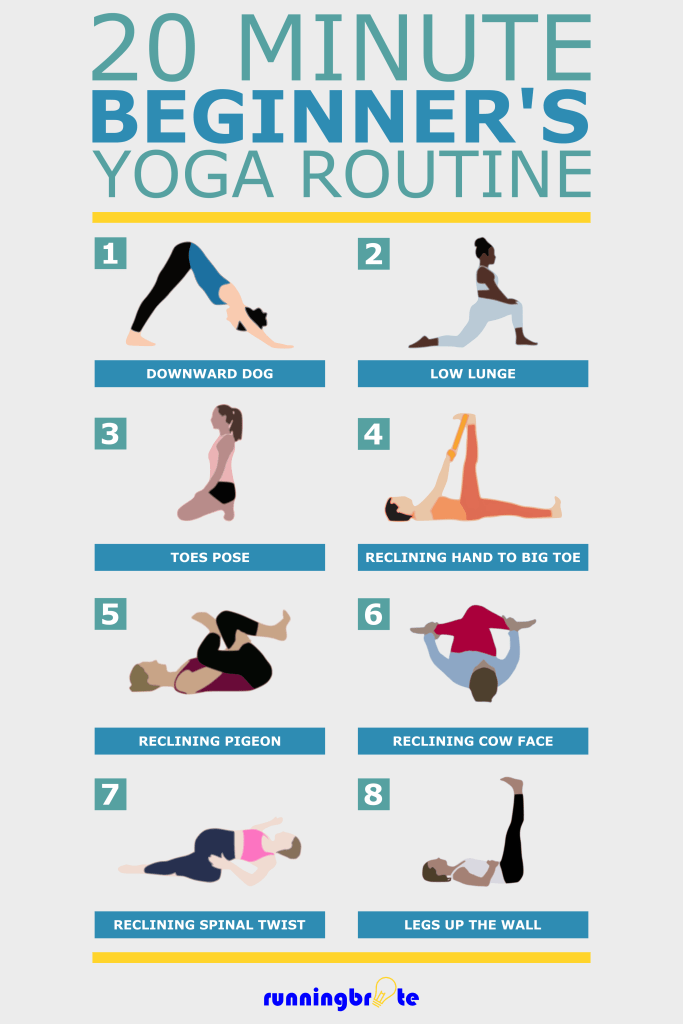
The added benefits of hot yoga are the main reason to do it. Not only does it increase flexibility, but it is also a cardiovascular workout. It can increase skin tone, improve digestion and detoxify the body. However, if you have specific health problems or are unable to tolerate intense heat, it is best to avoid hot yoga classes. Find out more about hot yoga and how you can safely practice it.
Hot yoga can cause fainting, muscle cramping, nausea, and vomiting. Avoid this class if you have low blood pressure or any other medical condition. Hot yoga should not be attempted by pregnant women or people suffering from cardiovascular disease. If you are unsure about the benefits, it is best that you stick with a regular class. Pre-existing medical conditions like diabetes and heart disease such as hypertension should also be avoided. In addition, people who experience heat intolerance should stay away from hot yoga.

Although hot yoga is a great option, there are some dangers. It is important that the room temperature not exceed 104 degrees Fahrenheit. But it can still be dangerous for some people. Heat can lead to dizziness, lightheadedness, heat stroke, and even dizziness. Before you attempt hot yoga for the first time, make sure to consult your doctor. It's best to consult your physician before you start a hot-yoga program.
Some people may have health conditions that make hot yoga unsafe for them. Before beginning any hot yoga, it is a good idea to consult your doctor. Another benefit of hot yoga is its ability to increase muscle strength. This increases muscle strength which is vital for your overall health. The US Department of Health and Human Services recommends you do two hours of muscle strength exercises every week. Avoid hot yoga if possible.
Most people who do hot yoga are happy with its benefits. However, there are certain risks that may limit its effectiveness. Mace Firebaugh conducted a study of 700 people and found that hot yoga had a 49 percent increase in mood, flexibility, and anxiety. While there are some risks involved, most people who do hot yoga report minimal to no adverse effects.

Hot yoga has many benefits, including its ability to improve your mood. Hot yoga can even be used to overcome depression. It's also an effective way to exercise. Hot yoga is a great option for beginners. Or, you can start with a beginner and move up to an advanced class. Perhaps a combination of both might work for you.
FAQ
What causes depression in teenagers?
Adolescence is when we develop our identities. As individuals, we start to understand who we are and where we fit in the society.
It is also a time where we can make new friendships as well as romantic relationships. These experiences can lead to stress.
Although stress is natural, it's important to seek treatment if you are experiencing excessive stress.
Sometimes, it is not possible to handle everything on your own.
Support can come from family and friends during stressful times. They can also teach you ways to manage stress.
You might try meditation or exercising. Both can reduce stress.
In addition, you could join a group such as a sports team or church. You'll meet new people and make new friends.
Why is mental wellbeing important?
Everyone needs mental health. Mental health is essential for everyone. So, it is essential to maintain a healthy mind.
If we are not feeling well mentally, our bodies will start to show signs of stress. This can lead to problems like headaches, stomach aches and backaches. We must take care of ourselves to keep our minds and bodies balanced.
How can you tell if you are suffering from a mental illness or not?
An individual may be diagnosed if they experience symptoms that disrupt their daily activities. The symptoms of mental illnesses can vary from one person to another. However, the most common symptoms include: feeling sad, anxious, angry, guilty, hopeless, lonely, depressed, confused, worthless, guilty, suicidal, etc.
If a person meets at least three of the four criteria below, they may be diagnosed with a mental disorder.
-
Disturbed feelings or thoughts
-
Unruly behavior
-
Disturbance of functioning
-
Inability to relate to others
What is Positive Psychology? Why is it Important?
Positive psychology is about what makes you feel happier. It focuses on the things that make you feel better about yourself, like happiness, optimism and gratitude. Positive psychology's goal is to improve self-esteem, happiness, health, and wisdom.
There are two types if positive psychology: trait-positive psychology and process-positive psychology. Trait positive psychology examines how people behave naturally. Positive psychology research explains how certain strategies can be used to reach specific goals.
What are the five best ways to improve mental and emotional well-being?
-
Exercise – This is a great way to improve brain function and increase energy levels.
-
Sleep - Getting enough sleep helps reduce stress and anxiety.
-
Nutrition – Healthy foods like fruits and vegetables can help you stay strong and energized.
-
Meditation - Regular meditation reduces stress and anxiety.
-
Socialization – Spending time with our friends and families keeps us happy.
If I feel depressed, is there anything wrong?
Depression is a very common problem for teens. But, many teens struggle with depression.
This does not mean you are weak or crazy. Most people who are depressed aren't aware of it. Depression is a medical condition.
There are different kinds of depression. There are different types of depression. Some people experience only sadness, while others feel other emotions. There are also different levels.
There are mild cases and severe cases of depression. It's important for people to realize that depression does not necessarily mean bad things. Sometimes, depression helps us to cope with stressful events.
If you are feeling unmotivated, sad or tired, it is a good idea to see a doctor. Your doctor can diagnose you, and help you decide whether treatment is necessary.
What should I do if I am experiencing mental health issues?
It is vital to seek support if you are experiencing any mental health problems. Perhaps you've been through trauma or suffered abuse in the past. This could have affected your perception of yourself.
Another type of mental illness you might be experiencing is an addiction or eating disorder. These disorders can cause serious damage to your life.
You shouldn't attempt to handle them yourself. Instead, talk to someone who can help you. A professional therapist can provide the support you need to overcome these challenges.
Statistics
- In any given year, an estimated 18.1% (43.6 million) of U.S. adults ages 18 years or older suffered from any mental illness, and 4.2% (9.8 million) (healthypeople.gov)
- It means no drinking any alcoholic beverages and no taking any drugs that aren't 100% natural.
- Neuropsychiatric diseases are the leading cause of death and disability in the U.S., accounting for 18.7 percent of all years of potential lifespan loss and premature mortality.
- More than 40 million adults in the United States have an anxiety disorder, but less than 37% of people seek mental health treatment for their symptoms. (talkspace.com)
- Appropriate nutrition and exercise are likely among the most efficacious and cost-effective positive mental health interventions. (ncbi.nlm.nih.gov)
External Links
How To
How to manage stress
Stress is a normal part of life; however, when we feel stressed, we want to find ways to relax and relieve our tension. Stress can impact every area of your daily life. It can cause physical problems such as headaches, neck pain, back pain, stomach aches, heartburn, diarrhea, constipation, insomnia, depression, anxiety, and muscle spasms. You may even develop ulcers if you're under chronic stress.
There are many options to reduce stress. Exercise helps you release endorphins, which make you happy, relaxed, and calm. Meditation reduces stress levels by helping you slow down and take deep breaths. Yoga is another way to reduce stress levels and improve your overall health.
It is important to learn how stress can be controlled and eliminated. If you don't know what to do, ask someone who knows.